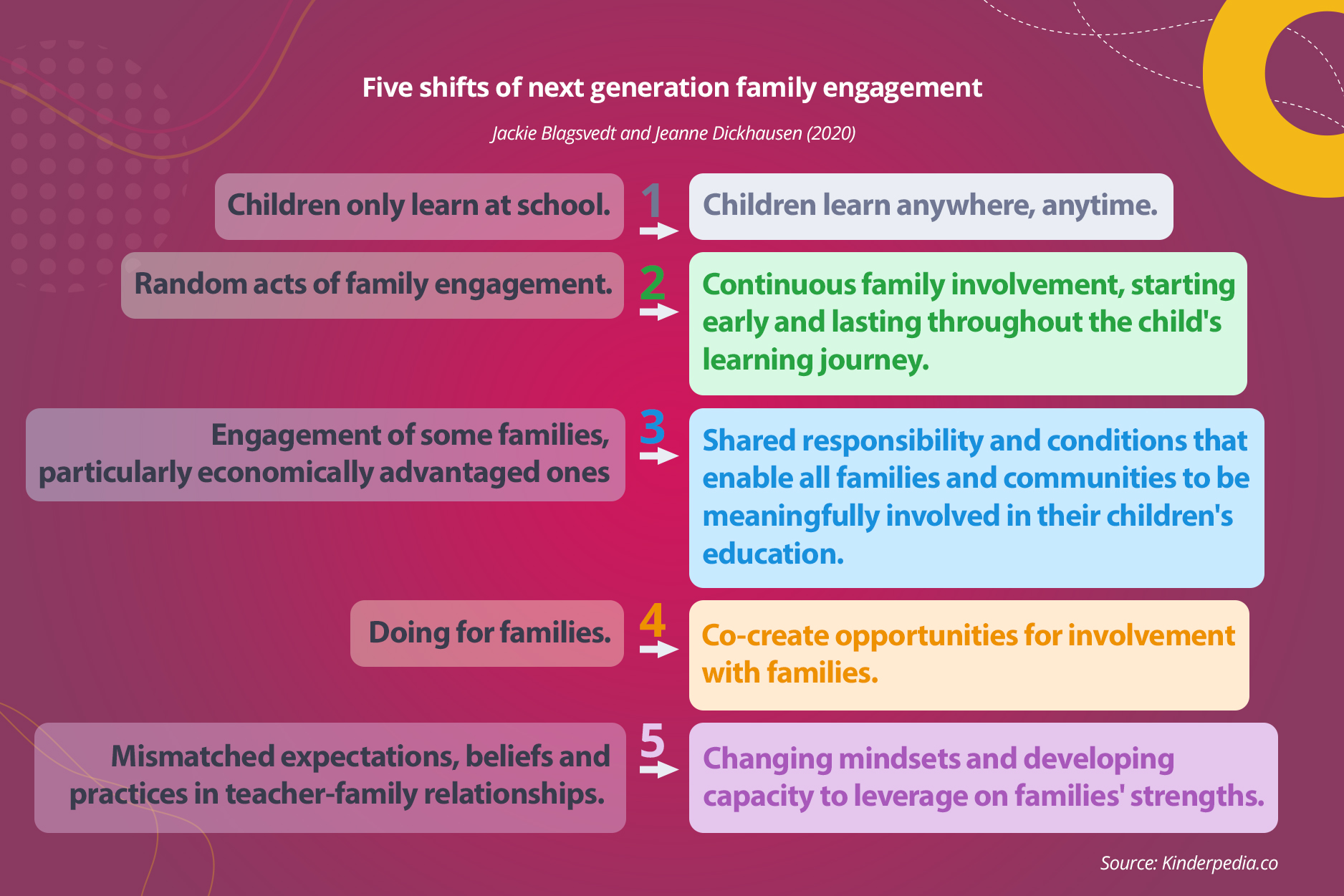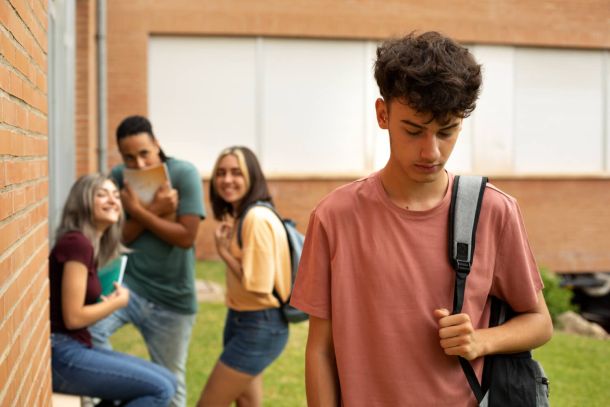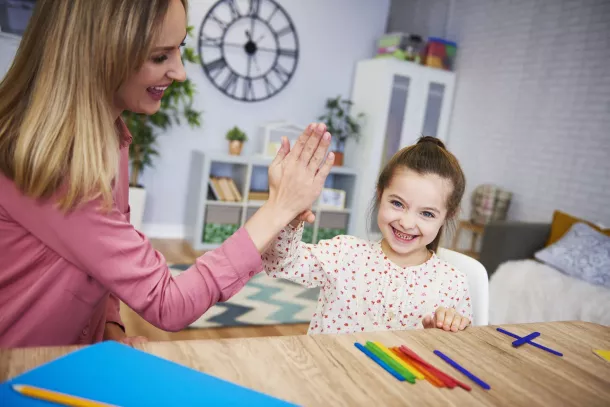
Practices that support effective school-family partnerships
Respect, trust and family-school cooperation guarantee students' success in learning. "This is the time when we can have an impact on changing practices by involving the family in the child's education." says Karen Mapp.
Karen L. Mapp is a lecturer at the Harvard Graduate School of Education and director of the master's program in educational policy and management.
When parents understand that their engagement in education is important, they become more willing to give their time and energy to support their children's learning. In this way, parents become part of the school community and work with teachers to provide a meaningful educational experience for their children.
If teachers do not take responsibility for supporting parents in helping their children with their learning problems, they may feel powerless and psychologically distant from school. They will be less engaged in their children's education and their school performance may decline (Żłobicki, 1998).
Four core beliefs in the school-family partnership
- All families want the best for their children.
- All families can support their children's learning.
- Families and school staff are equal partners.
- School staff, especially leaders, have a primary responsibility to cultivate and sustain school, family and community partnerships.
„Equitable learning pathways are achieved when families are involved."
Carnegie Corporation of New York
Practices supporting the school-family partnership
The PTA - National Parent Teacher Associations, America's longest-running child welfare association, has created 6 principles for family involvement in parenting.
It is important for the school to create opportunities for all parents and community members to participate in activities and be involved in making decisions about their children's education. This can be done by organising meetings, conferences, cultural or sporting events, but also by ensuring open communication between parents and teachers. In this way, all families can be integrated into the school community and children can benefit from the support and involvement of all members of the community in their education.
💡 It is important to have very explicit channels that are accessible to all, but also consistent communication practices to ensure that information is passed from both directions.
3. Supporting children success
Parents and school staff work together to support students' healthy development and learning both at home and at school. They have regular opportunities to build their knowledge and skills to do this effectively.
To support student success, collaboration between parents and school staff is crucial. By attending regular meetings, workshops and lectures, parents and school staff strengthen the knowledge and skills needed to support students effectively, ensuring strong and consistent support for student development and learning.
Five practice changes the next generation could implement in the school-family partnership
At the How to BUILD relational-trust and DISMANTLE systems and expectations that divide schools and families (2020) conference, Jackie Blagsvedt and Jeanne Dickhausen, outlined 5 key changes that could be implemented in creating an effective partnership between parents and schools.
How Kinderpedia supports family engagement in children's education
On Kinderpedia, parents find out in real time how their children’s day at school or nursery went: from attendance, grades, assignments, to mood, participation, or how much they ate and slept, in the case of younger students. When they are aware of their children’s projects and progress at school, parents can continue the educational process at home and support their children where they need it. Kinderpedia creates the environment for an effective partnership between school and family and places the student-teacher-parent collaboration right at the heart of learning.

Kinderpedia
The complete communication and management solution for schools and childcare centres.
Simplifies teachers' work and brings parents closer to their children's school progress.
Recommended articles
Want to improve your center quality? Kinderpedia is here to help! Not only do we provide thousands of informational content pieces like blog posts, podcasts, webinars and more, we are also makers of the #1 Rated and Reviewed Childcare Software.







